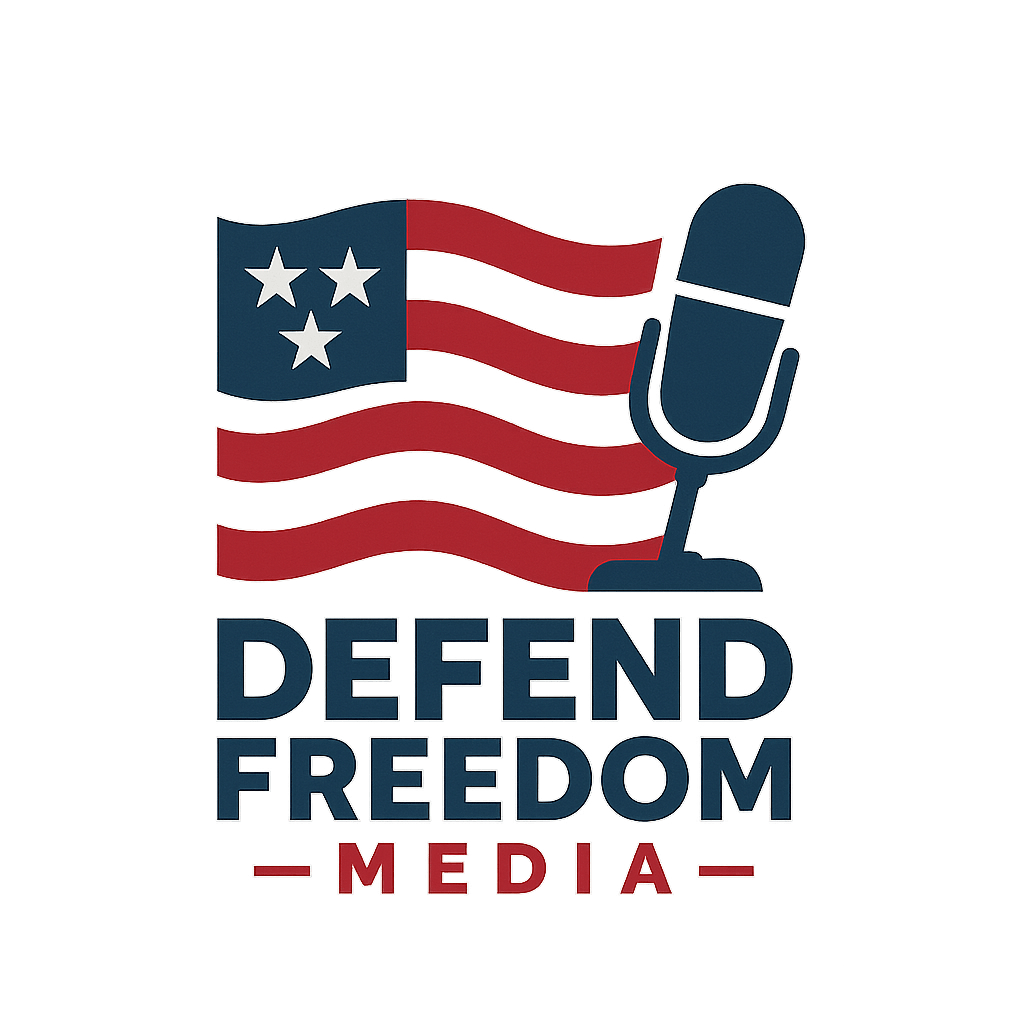
North Carolina's Move Toward Permitless Carry: A Significant Shift in Gun Rights
The Citizens Committee for the Right to Keep and Bear Arms (CCRKBA) is celebrating a notable step forward in North Carolina as support builds for a permitless carry veto override vote. Recently, the Committee reached out to four crucial North Carolina lawmakers to back the override of SB 50, a piece of legislation that had been passed earlier but was vetoed by Governor Josh Stein. The law’s advocates argue that permit requirements are outdated and restrict the rights of law-abiding citizens, echoing sentiments that these laws are remnants of a prejudiced past.
Legislative Support Grows Amidst Controversy
Among the legislators reached was Representative Howard Penny, who indicated his intention to support the override when the vote comes to the floor. "Permitting laws are nothing less than a burdensome tax on law-abiding citizens who wish to self-defend," stated CCRKBA Chairman Alan Gottlieb. His words highlight a growing frustration among many gun rights advocates who view such restrictions as a hindrance to personal freedom and self-defense.
In a broader context, permitless carry laws have gained momentum across the U.S., with North Carolina poised to become the 30th state to adopt such legislation. Much of this progress relies on the resolve of lawmakers committed to upholding Second Amendment rights while advocating for a legislative shift that resonates with many voters.
Understanding the Historical Context of Permit Requirements
The discourse surrounding permitless carry laws often intersects with discussions about historical injustices in America. Permit requirements can be traced back to policies that sought to suppress certain populations' rights to self-defense. Advocate statements emphasize that repealing these requirements may help to disentangle gun ownership from its historically racially charged roots, promoting a more equitable approach to personal rights.
The Public Response: What Voters Think
Public sentiment remains a crucial factor as lawmakers weigh their options. The reaction from constituents may not be as short-lived as some legislative bodies hope. As gun rights organizations continue encouraging citizens to express their opinions through petitions and public comments, representatives who disregard these voices may face electoral repercussions. The echoes of past injustices in this context resonate strongly with many voters, adding weight to the narrative of freedom and self-determination.
The Future of Gun Rights and Self-Defense in North Carolina
As North Carolina approaches a decision on the veto override, the implications of their actions could serve as a benchmark for other states contemplating similar legislative changes. Should the veto be overridden, it would signal a substantial shift toward a more permissive stance on gun ownership rights, potentially encouraging similar movements in regions where gun ownership remains heavily regulated.
Grassroots North Carolina is playing a pivotal role in tracking this legislative movement, ensuring transparency about the veto override's progress. Those interested in keeping abreast of developments are encouraged to visit their website and stay informed through updates on this pressing issue.
 Add Row
Add Row  Add
Add 




Write A Comment